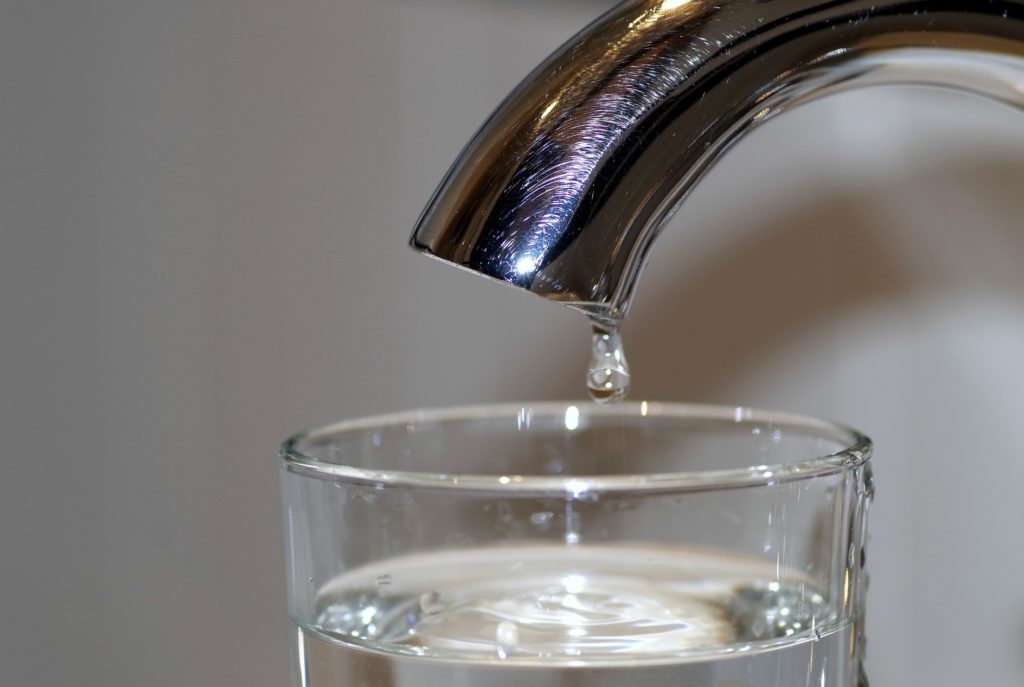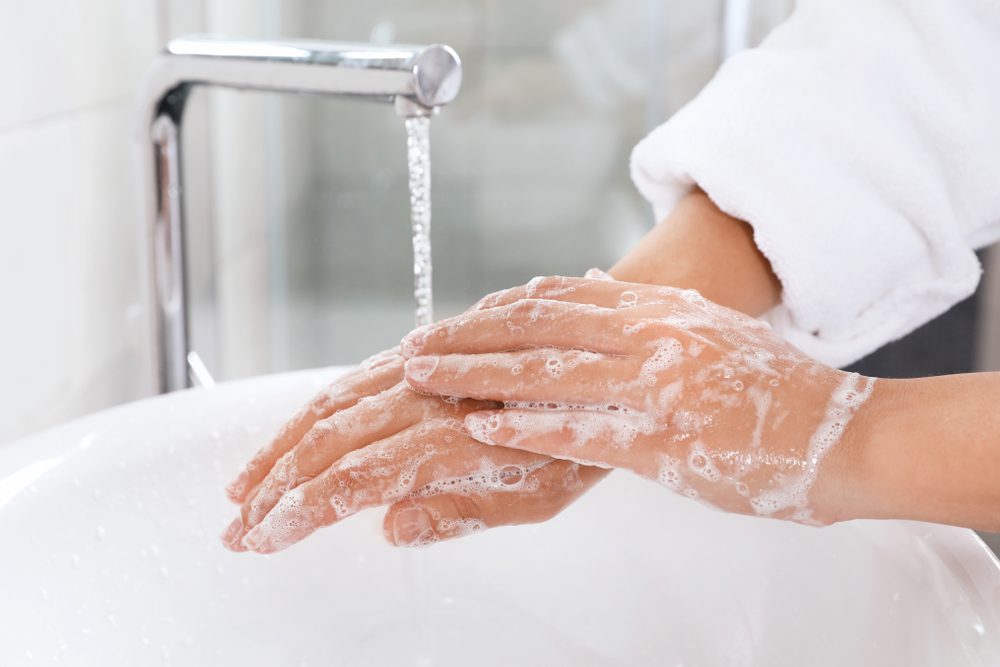The writer is making a few good observations about 9 Reasons for Low Water Pressure in Your House overall in this content followed below.

Low tide stress in your house can be a discouraging trouble, affecting everything from bathing to washing meals. If you're experiencing weak water flow, there are several feasible reasons and solutions to explore. In this overview, we'll discuss common reasons for low water stress and sensible steps to attend to the issue successfully.
Intro to Low Water Stress
Low tide pressure takes place when the flow of water from your faucets, showers, and various other fixtures is weaker than normal. This can make day-to-day tasks much more challenging and less reliable. Comprehending the causes of low water pressure is crucial to finding the best service.
Usual Root Causes Of Low Tide Stress
Pipe Obstructions
In time, pipes can come to be blocked with natural resource, sediment, or debris, limiting the flow of water. This is an usual issue in older homes with galvanized steel pipes.
Deterioration
Rust within pipelines can lead to leakages and reduced water stress. Rust buildup can restrict water circulation, especially in maturing plumbing systems.
Faulty Pressure Regulators
Stress regulatory authorities are in charge of preserving consistent water pressure in your house. If they malfunction, it can result in low tide pressure or unequal circulation throughout the house.
Local Water Supply Issues
Occasionally, the problem exists outside your home. Local supply of water concerns, such as main line leaks or upkeep job, can momentarily lower water stress in your location.
Exactly How to Detect Low Tide Pressure
Inspecting Faucets and Fixtures
Begin by examining the water pressure at different faucets and fixtures throughout your home. If the problem is separated to certain areas, it might suggest local troubles.
Evaluating Pipes
Check visible pipes for indicators of leakages, rust, or clogs. Take note of any kind of unusual noises, such as knocking or rattling pipes, which might indicate problems within the plumbing system.
Consulting with a Plumber
If you're incapable to identify the reason for low water stress, think about working with a specialist plumber to conduct a comprehensive evaluation. They can identify underlying problems and advise ideal remedies.
Do It Yourself Solutions to Fix Low Water Pressure
Cleaning Aerators and Showerheads
Natural resources can gather in aerators and showerheads, minimizing water circulation. Eliminate and cleanse these parts frequently to improve water pressure.
Flushing Water Heater
Sediment buildup in the hot water heater can restrict flow and lower effectiveness. Purging the storage tank regularly assists remove sediment and maintain ideal efficiency.
Examining Stress Regulatory Authority
Guarantee that the pressure regulator is working correctly. Adjusting or replacing the regulator can assist recover appropriate water stress throughout your home.
Clearing Up Clogs in Piping
For small clogs, attempt using a plumbing serpent or chemical drainpipe cleaner to clear obstructions in pipes. Beware when using chemicals and follow safety and security standards.
When to Call an Expert Plumber
If DIY initiatives fall short to solve the issue or if you suspect significant plumbing issues, it's finest to look for support from a qualified plumber. They have the expertise and tools to deal with complex concerns securely and successfully.
Safety Nets to Preserve Water Pressure
Routine Upkeep
Arrange regular upkeep for your plumbing system to prevent issues such as rust, leakages, and clogs. Dealing with small troubles early can help prevent even more significant repair services later.
Installing a Stress Booster
Take into consideration installing a pressure booster pump to improve water stress in areas with consistently reduced circulation. This can be specifically beneficial for multi-story homes or properties with high-demand components.
Monitoring Water Use
Be mindful of water usage habits and stay clear of overtaxing the plumbing system. Easy modifications, such as incredible showers and washing loads, can assist keep adequate water pressure.
Verdict
Taking care of low tide stress can be irritating, however recognizing the underlying causes and executing proper services can recover optimal flow throughout your home. Whether it's cleaning up aerators, examining pipes, or consulting with a plumber, taking proactive actions can ensure a consistent supply of water for your day-to-day requirements.
FOUR WAYS TO FIX LOW WATER PRESSURE NOW
Turning on a shower or faucet only to find the water comes out in a sad, slow drizzle is never a good feeling. How exactly are you supposed to wash a pan or take a quick shower when it takes 10 minutes just to rinse off a little soap? The good news is that when your water pressure is bad, there's always a cause: typically one that can be easily fixed. Here are some of the most common causes of low pressure and what you can do to fix the issue:
DEBRIS AND MINERAL DEPOSIT BUILDUPS
If you notice low water pressure from just one or two of the fixtures in your house, the problem likely has to do with debris buildup. Water is full of minerals and other debris, all of which can accumulate in your pipes and on your fixtures. This can cause a blockage that affects how much water flows through. To fix this, try filling a small plastic bag with white vinegar, and use a rubber band to hang it around your showerhead or faucet. Let the head of the fixture soak for a few hours, and the vinegar should loosen the deposits.
WATER LEAKS
Leaks are another common cause of low water pressure. If water is flowing out of your plumbing through a hole or crack before it can reach your fixture, the pressure coming out of the faucet or showerhead will be lower. A plumbing professional is your best bet for finding and repairing a leak in your water supply pipes.
Leaks are another common cause of low water pressure. If water is flowing out of your plumbing through a hole or crack before it can reach your fixture, the pressure coming out of the faucet or showerhead will be lower. A plumbing professional is your best bet for finding and repairing a leak in your water supply pipes.
FOUR WAYS TO FIX LOW WATER PRESSURE NOW
Turning on a shower or faucet only to find the water comes out in a sad, slow drizzle is never a good feeling. How exactly are you supposed to wash a pan or take a quick shower when it takes 10 minutes just to rinse off a little soap? The good news is that when your water pressure is bad, there's always a cause: typically one that can be easily fixed. Here are some of the most common causes of low pressure and what you can do to fix the issue:
DEBRIS AND MINERAL DEPOSIT BUILDUPS
If you notice low water pressure from just one or two of the fixtures in your house, the problem likely has to do with debris buildup. Water is full of minerals and other debris, all of which can accumulate in your pipes and on your fixtures. This can cause a blockage that affects how much water flows through. To fix this, try filling a small plastic bag with white vinegar, and use a rubber band to hang it around your showerhead or faucet. Let the head of the fixture soak for a few hours, and the vinegar should loosen the deposits.
WATER LEAKS
Leaks are another common cause of low water pressure. If water is flowing out of your plumbing through a hole or crack before it can reach your fixture, the pressure coming out of the faucet or showerhead will be lower. A plumbing professional is your best bet for finding and repairing a leak in your water supply pipes.
Leaks are another common cause of low water pressure. If water is flowing out of your plumbing through a hole or crack before it can reach your fixture, the pressure coming out of the faucet or showerhead will be lower. A plumbing professional is your best bet for finding and repairing a leak in your water supply pipes.
A VALVE ISSUE
If you have low water pressure throughout your home, check your main shut-off valve to make sure it's completely open. You may also want to see if there's a pressure-reducing valve installed. If there is, have a plumber help you adjust the settings to get the pressure you're looking for.
OTHERS USING WATER
Believe it or not, your low water pressure could be caused by your neighbors. If you notice low pressure at certain times of day, it may be because you and the people living next to you have similar schedules - when everyone is showering at the same time, the pressure will be lower in every home. Low pressure throughout the neighborhood may also be caused by an issue with your municipal water supply. If that's the case, call the supplier to see if they're working on the issue.
https://www.rotorooter.com/blog/water-leaking/low-water-pressure-fixes/

I am very involved in and I'm hoping you appreciated my post. Do you know about another person who is intrigued by 4 Ways to Troubleshoot Low Water Pressure? Take a moment to promote it. Thanks a lot for your time. Come back soon.
Visit Link